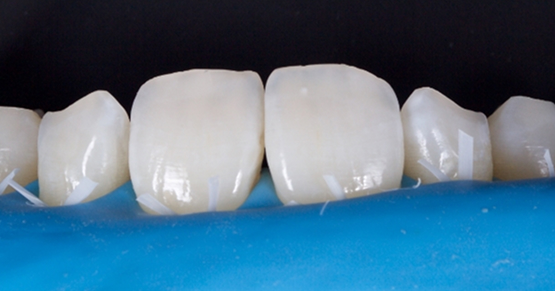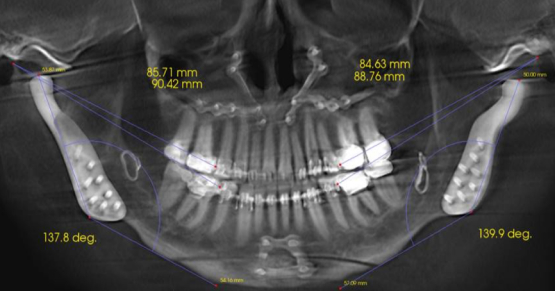8 OSHA Safety Questions and Answers for Dental Offices
OSHA can be an intimidating topic for dentists and new practice managers. Workplace injuries are a critical concern that all practices must proactively address. Here are eight common OSHA safety questions and answers for dental offices to help get you started on a safety program.
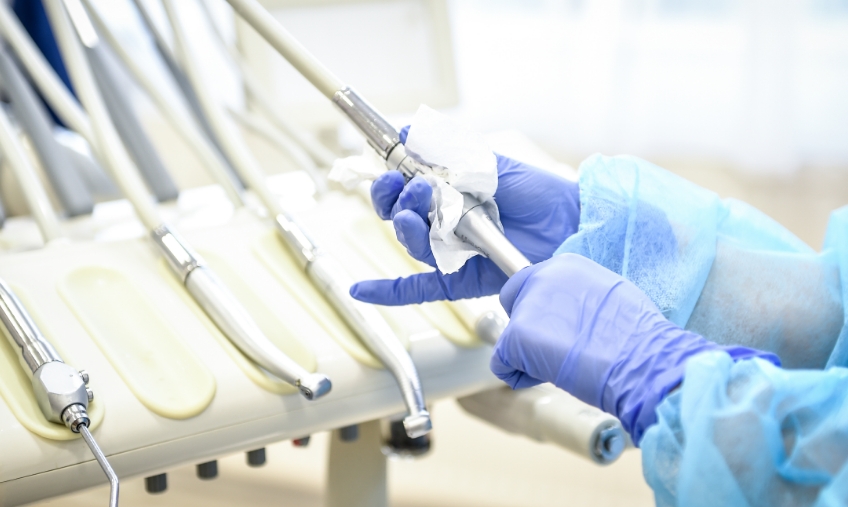
8 OSHA Safety Questions and Answers for Dental Offices
OSHA is focused on workplace safety, so almost all employers must follow its standards. Here are eight OSHA safety questions and answers to help dental offices comply.
#1: What Is OSHA and How Does It Affect My Dental Practice?
OSHA stands for the Occupational Safety and Health Administration. This federal agency is responsible for workplace safety concerns. There are no specific dental guidelines, so dental offices are directed to follow the General Duty Clause;
(a) Each employer — (1) shall furnish to each of his employees’ employment and a place of employment which are free from recognized hazards that are causing or likely to cause death or serious physical harm to his employees; (2) shall comply with occupational safety and health standards promulgated under this Act. (b) Each employee shall comply with occupational safety and health standards and all rules, regulations, and orders issued pursuant to this Act which are applicable to his own actions and conduct.
In short, OSHA requires you to provide a safe workplace for your employees. Of course, the general clause is not the only guide you should follow. OSHA has specific requirements for common hazards you may encounter in your office.
#2: What Types of Dental Office Hazards Does OSHA Regulate?
OSHA does not have any specific standards for dentistry, but it does have specific standards for hazards common in the field. Dental hygienists and other workers are at an increased risk of exposure to toxic chemicals, bloodborne pathogens, sharp instruments, and radiation. Here are some standards that OSHA has issued on specific hazards:
- Beryllium exposure risk
- Bloodborne pathogens and infection controls
- Ergonomics
- Mercury exposure risk
- Silica dust exposure
- Waste anesthetic gases
- Personal protective equipment
- Ionizing radiation (medical X-rays)
While these are some of the more common dental office hazards that OSHA covers, they are by no means a comprehensive list. You will need to do a thorough assessment to make sure that you have identified all the hazards in your office and minimized them through training, and proper procedures.
#3: Do I Have to Report Injuries to OSHA?
You do not have to report all workplace injuries to OSHA. The dental industry is exempt from many OSHA reporting standards. However, in the event of a work-related fatality or significant injury resulting in hospitalization, amputation, or loss of an eye, all employers are required to file an OSHA report.
All fatalities must be reported within 8 hours; hospitalizations, amputations, or eye loss must be reported within twenty-four hours. You can report these injuries by calling OSHA’s 24-hour hotline at 1-800-321-6742 or you can report them online.
#4: What Are My Other Requirements Under OSHA?
When you have a doubt, return to OSHA’s general clause when you are trying to understand your responsibilities. Specifically, you must protect your workers from known hazards. You do that through risk assessment, mitigation, training, and incident response.
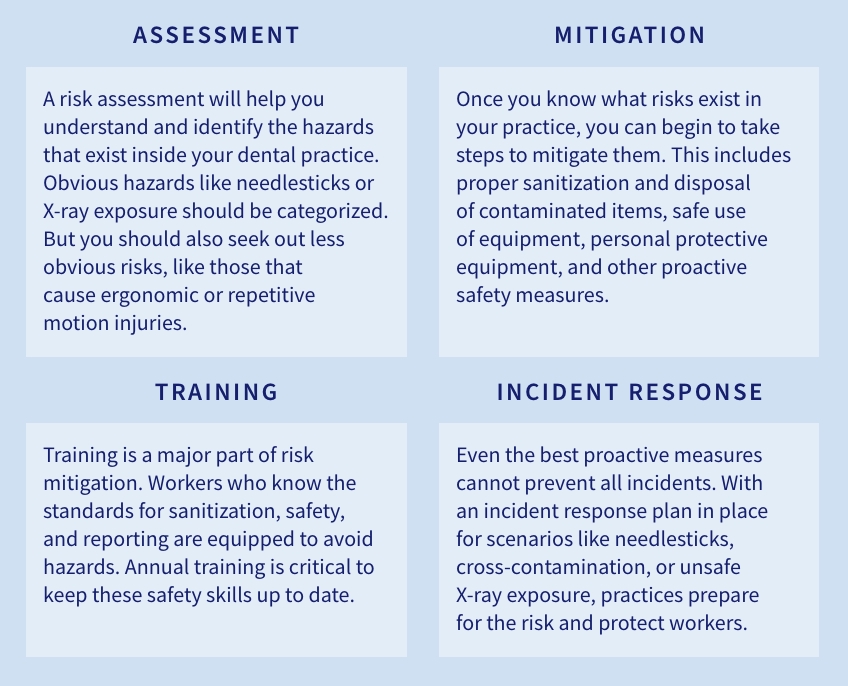
#5: Is OSHA the Same As Workers’ Comp?
OSHA is different from workers’ compensation. Workers’ compensation is an insurance policy reimburses workers for lost time and medical expenses from a workplace injury. Workers’ compensation has a different reporting standard that will vary based on the state. You should consult your state’s individual workers’ compensation board for more information.
#6: What Type of Records Do I Need to Keep for OSHA?
Dentist offices are considered partially exempt from OSHA reporting. As a result, there are no specific record-keeping requirements, beyond the serious incident reporting mandates listed in question 3.
However, there are other reasons to keep track of workplace injuries beyond compliance. You will need information for insurance purposes, workers’ compensation claims, and any other potential actions. So, it is a good practice to keep track of reported workplace injuries in some manner or another.
#7: What Is an OSHA State Plan, and Does It Apply to Me?
As you investigate OSHA, you may have come across something called a “state plan.” These state plans are operated by individual states and territories. They oversee protecting workers, though they answer to OSHA. There are currently 22 state plans that apply to all workers and seven state plans that apply to only state and local government workers.
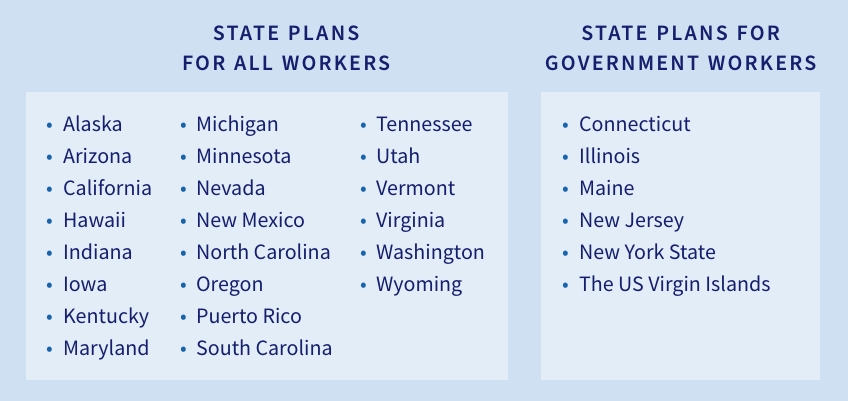
If your state is not covered under a state plan, it is considered a federal OSHA state, and those standards apply.
#8: How Can I Find Out More About OSHA and My Dental Practice?
To find out more about how OSHA applies to your dental practice, you can take guidance from the American Dental Association. The agency offers its own OSHA compliance kit, though there are others on the market available from third-party vendors as well.
If these OSHA safety questions and answers left you with more questions, it may help to work with someone with practice management expertise. A consultant may be able to help you understand the risks your dental practice faces through OSHA and beyond. Meanwhile, a compliant, intuitive platform can help you keep track of OSHA reporting needs.
SPEAR NAVIGATOR
Transform how your practice runs by engaging the team through
coaching and training
A guided path to excellence through structured coaching and self-guided resources that will align your team, streamline processes and drive growth. Transform your practice by implementing Spear’s proven playbooks for developing and retaining a high-performing dental team.

By: Spear Team
Date: January 24, 2023
Featured Digest articles
Insights and advice from Spear Faculty and industry experts
